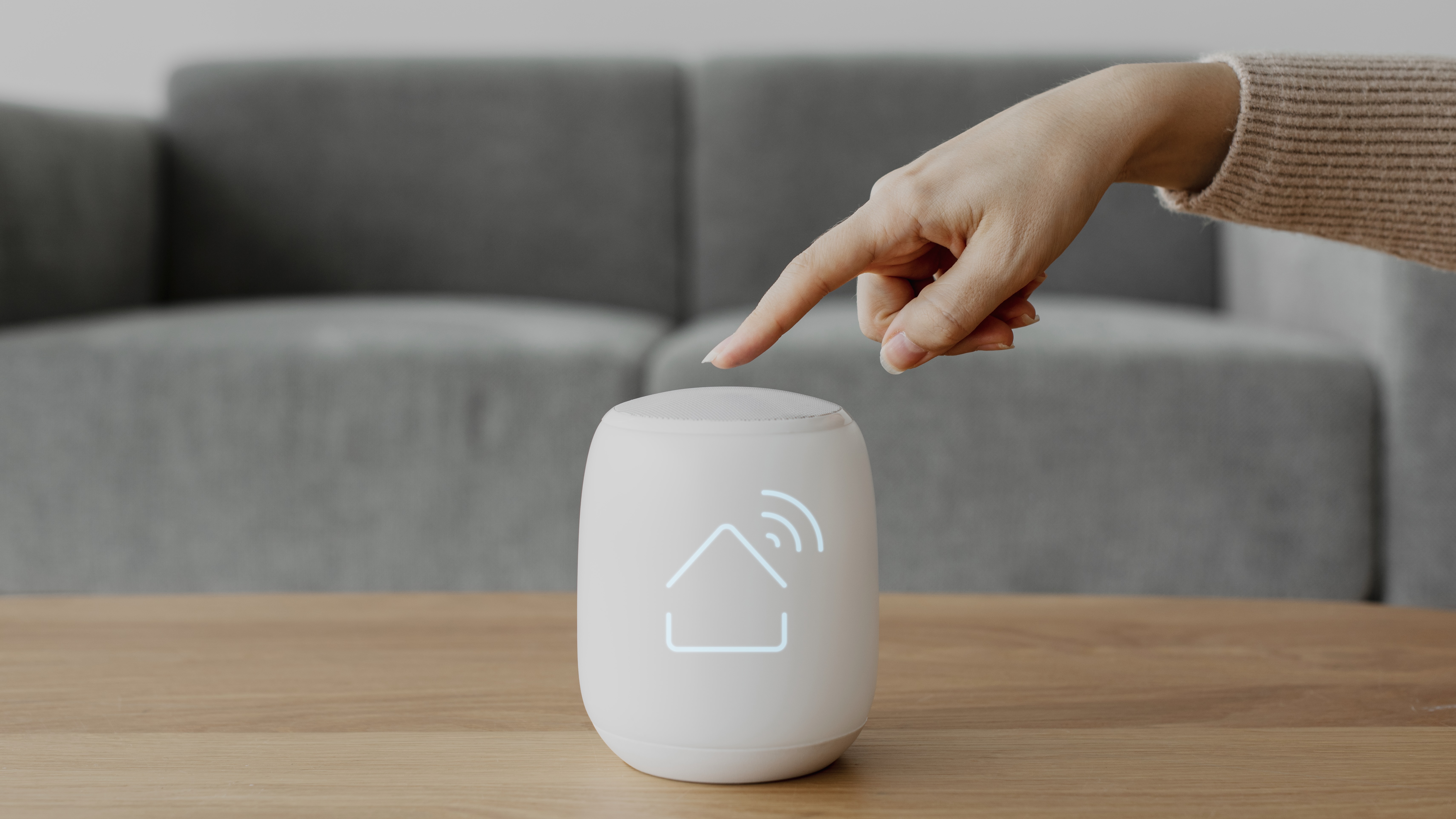
Building your first smart home can feel overwhelming, especially with the sheer number of platforms and devices available. Whether you’re after a super simple setup, tons of flexibility, or the best mix of privacy and features, picking the right platform is key. I’ve already covered the best smart home gadget to start with, so now let’s talk about the platform you’ll actually be using.
With Matter compatibility becoming more widespread, the decision has become a bit trickier. Choosing a Matter-compatible platform is now a must, and lucky for you, all the options I’ll talk about here check that box. This means you’ll have the freedom to switch things up later if you want, knowing that your devices will easily work with whatever platform you choose down the line.
In this guide, I’ve broken down the top smart home platforms of 2025, who they’re best for, and how they fit into the ever-evolving smart home world.
1. Apple Home (HomeKit)
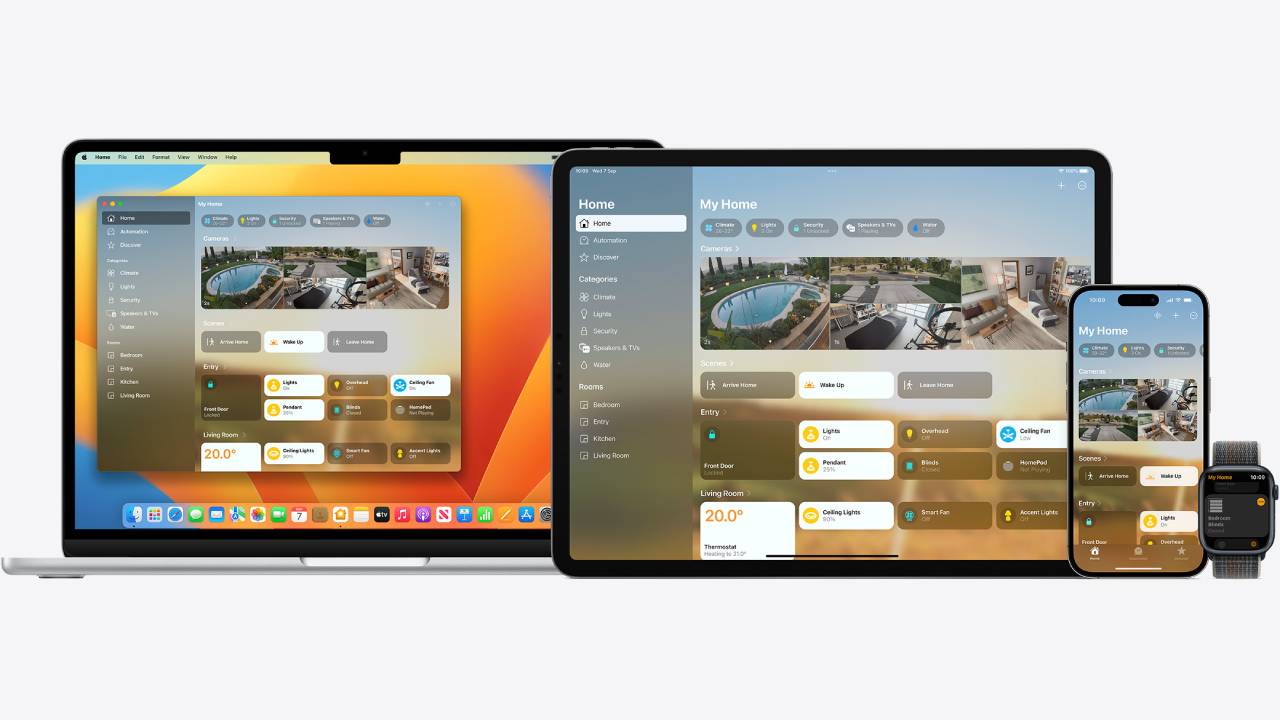
For those already invested in the Apple ecosystem, Apple Home is an obvious choice. Its seamless integration with HomePods, iPhones, iPads, Macs and Apple Watches makes smart home control incredibly intuitive, and now that Apple is preparing to launch a dedicated smart home hub, now is an ideal time to get started.
Apple’s commitment to privacy is another key advantage, with most smart home data processed locally for added security. Whilst Apple’s smart home accessories can be pricey, they deliver premium build quality, reliability and enhanced functionality within the ecosystem – making the investment worthwhile for dedicated Apple users.
Take a look at our guide on how to start a smart home with Apple Home for more information.
2. Amazon Alexa
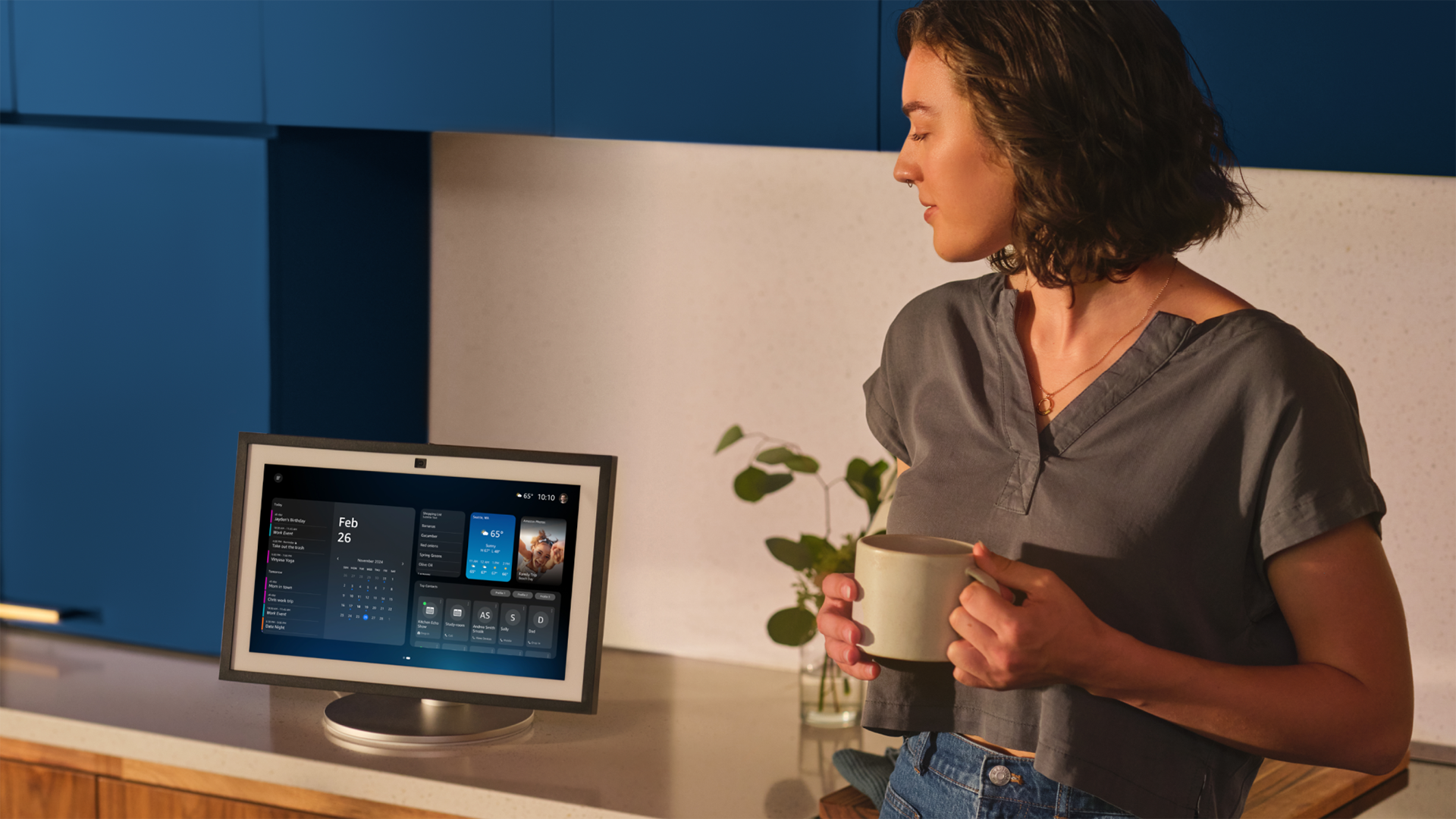
For sheer compatibility and affordability, starting your smart home with Amazon Alexa is a great choice. Alexa supports a vast range of devices, including budget-friendly options from brands like TP-Link, Wyze, and countless others. This makes building a smart home on a budget both accessible and practical.
Alexa’s Routines offer powerful automation capabilities, and with the introduction of Alexa+, the platform is now smarter, more conversational, and packed with enhanced features – all included with Prime at no extra cost.
3. Samsung SmartThings
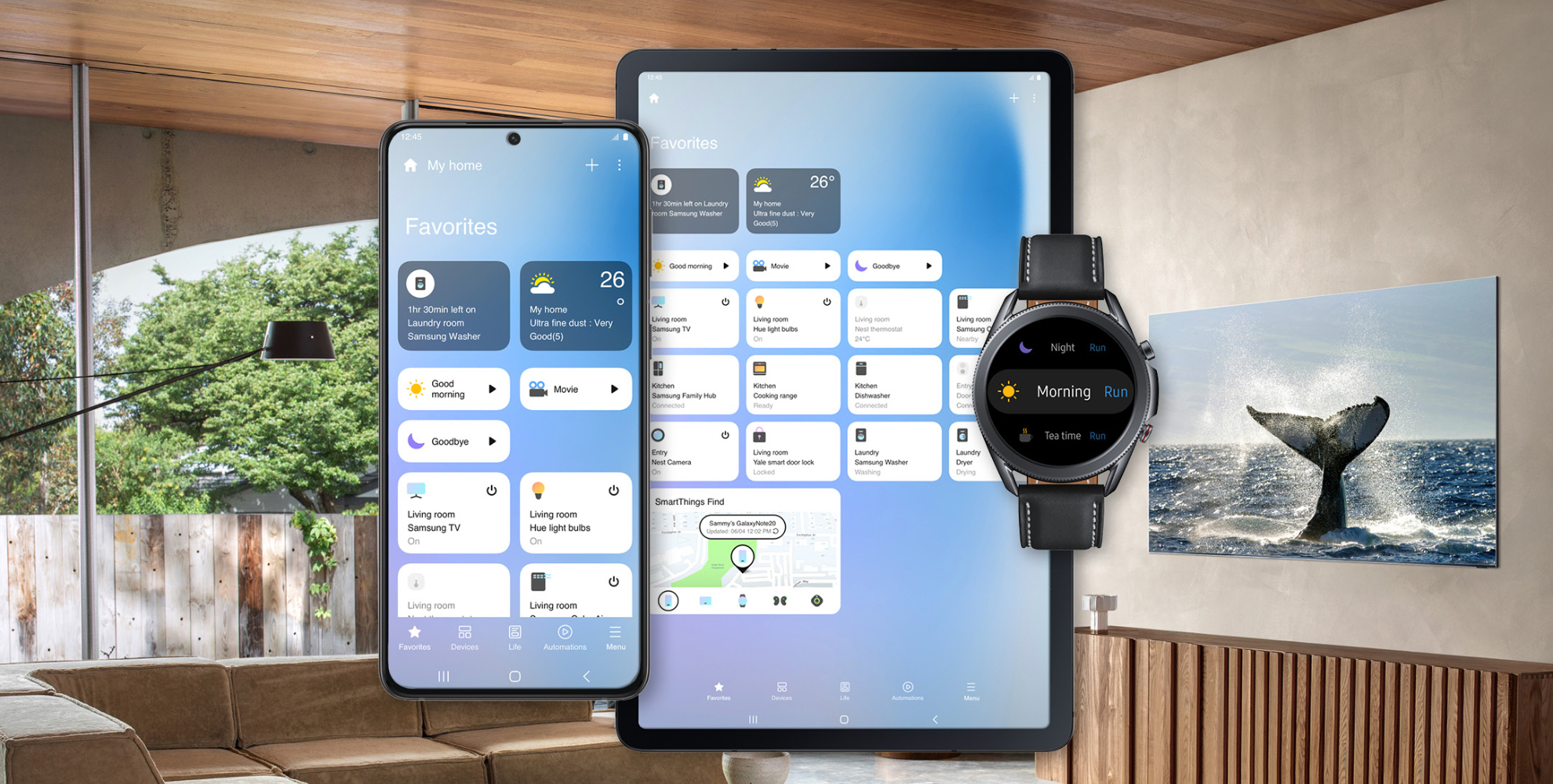
Using a Samsung SmartThings ecosystem continues to be a solid option, particularly for Samsung users. Its support for Zigbee, Z-Wave, and recently became Matter-compatible, making it a versatile choice with extensive device compatibility.
Although SmartThings still relies heavily on cloud processing, it offers a straightforward entry into home automation with enough flexibility to satisfy most users. Samsung’s Bespoke range has also reinforced its reputation for delivering sleek, high-quality smart home devices.
4. Google Home
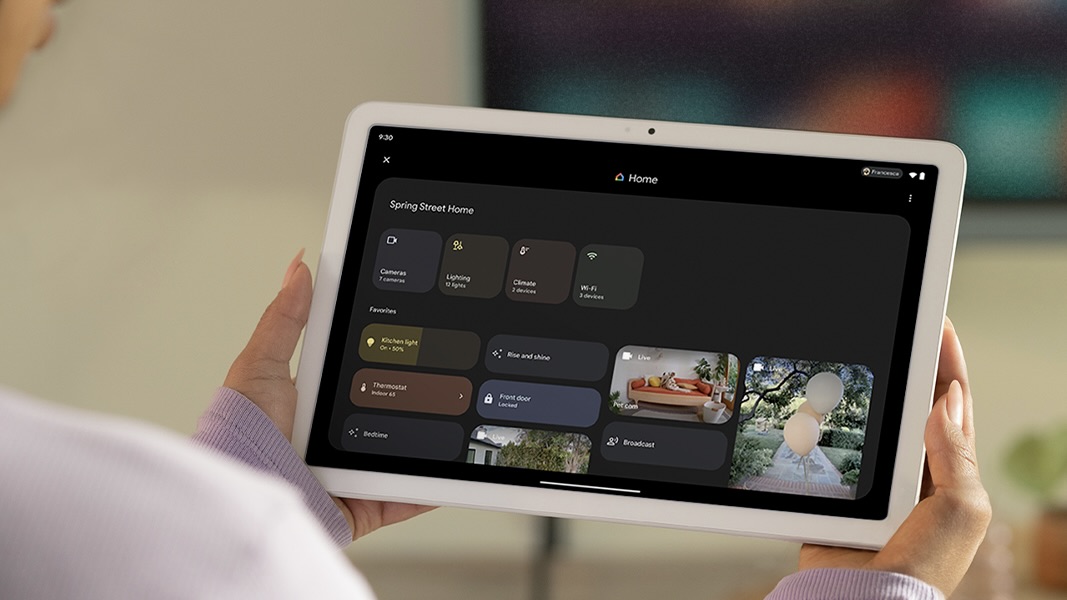
Google Home offers a well-rounded smart home experience, especially for those already using Android devices, Google Nest products, or services like Google Assistant.
The platform has made significant strides in improving its automation tools and enhancing Matter support. However, some advanced users may still find Google’s automation features slightly limited when compared to competitors. Nevertheless, for Android users seeking simplicity and reliable performance, starting a smart home with Google Home is an excellent option.
5. Philips Hue
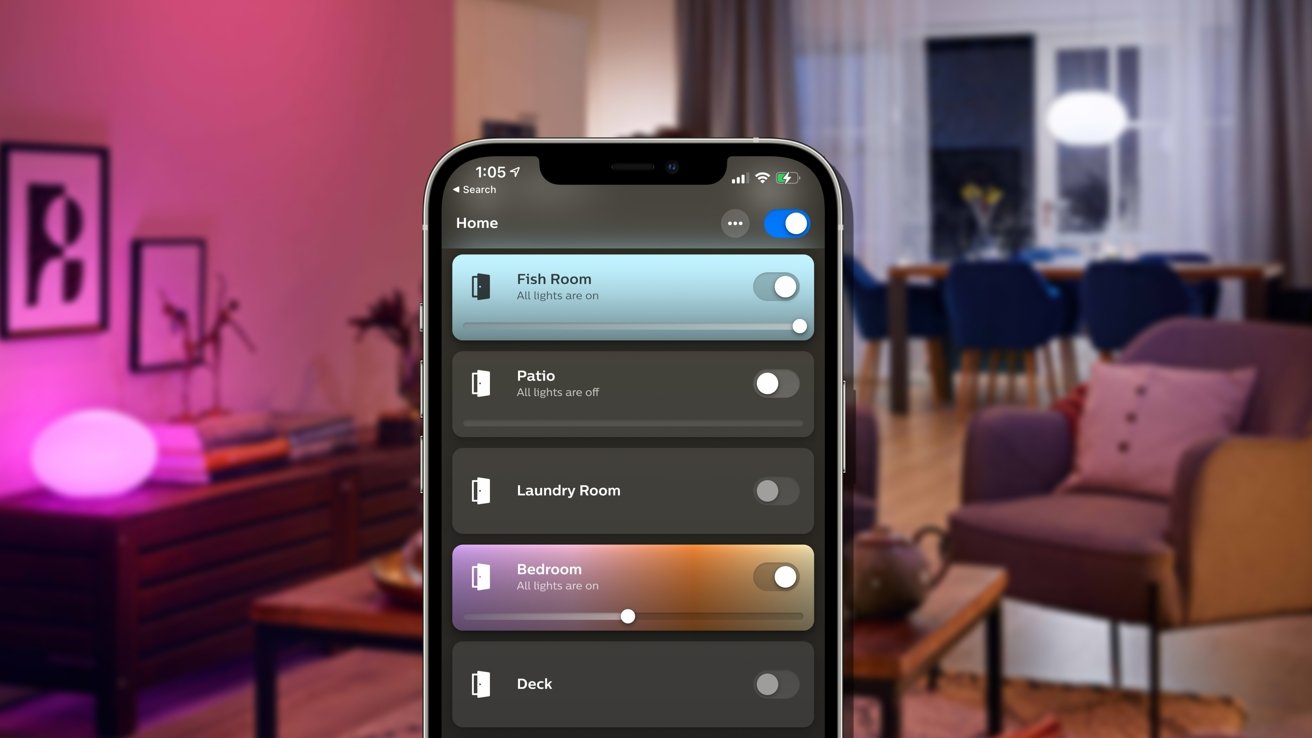
If your priority is smart lighting, Philips Hue remains the gold standard. Whilst you’ll need a compatible smart speaker for voice control, Hue’s app and platform offer one of the most intuitive and comprehensive lighting experiences available.
In recent years, Philips Hue has expanded its ecosystem to include smart security solutions, such as cameras, motion sensors, and other home monitoring devices – all designed to integrate seamlessly with Hue’s lighting system. Most Hue products are Matter-compatible, but if you prefer a simpler setup, many devices can also be controlled directly via Bluetooth, eliminating the need for additional hubs or platforms.
So...which one is the best?
Choosing the right smart home platform ultimately comes down to your existing devices, preferred ecosystem and desired features. For Apple enthusiasts, Apple Home offers a premium and secure experience. For affordability and versatility, Alexa leads the way. Meanwhile, SmartThings and Google Home strike a great balance between flexibility and simplicity. However, for those seeking unbeatable lighting solutions with expanding smart home capabilities, Philips Hue is an excellent investment.
If you're still unsure which platform best suits your needs, make sure you start with Matter-compatible devices. This will ensure your setup remains adaptable and future-proof, meaning you can make the decision at a later date if needs be.







